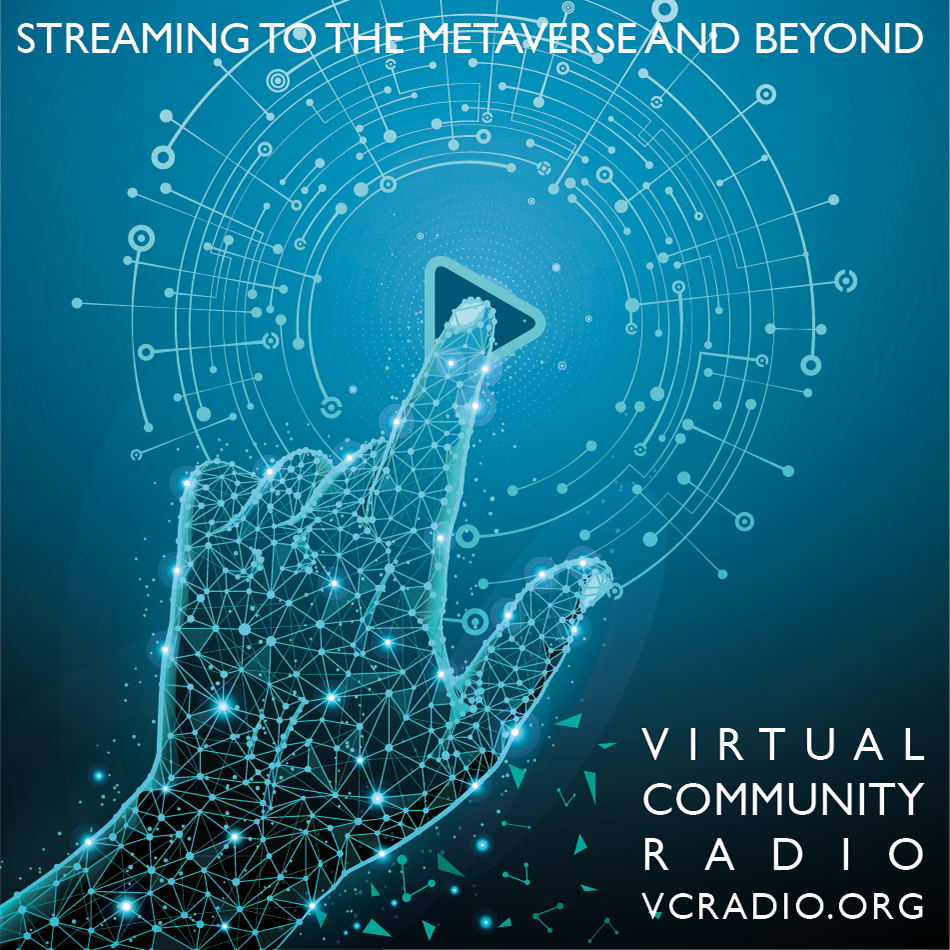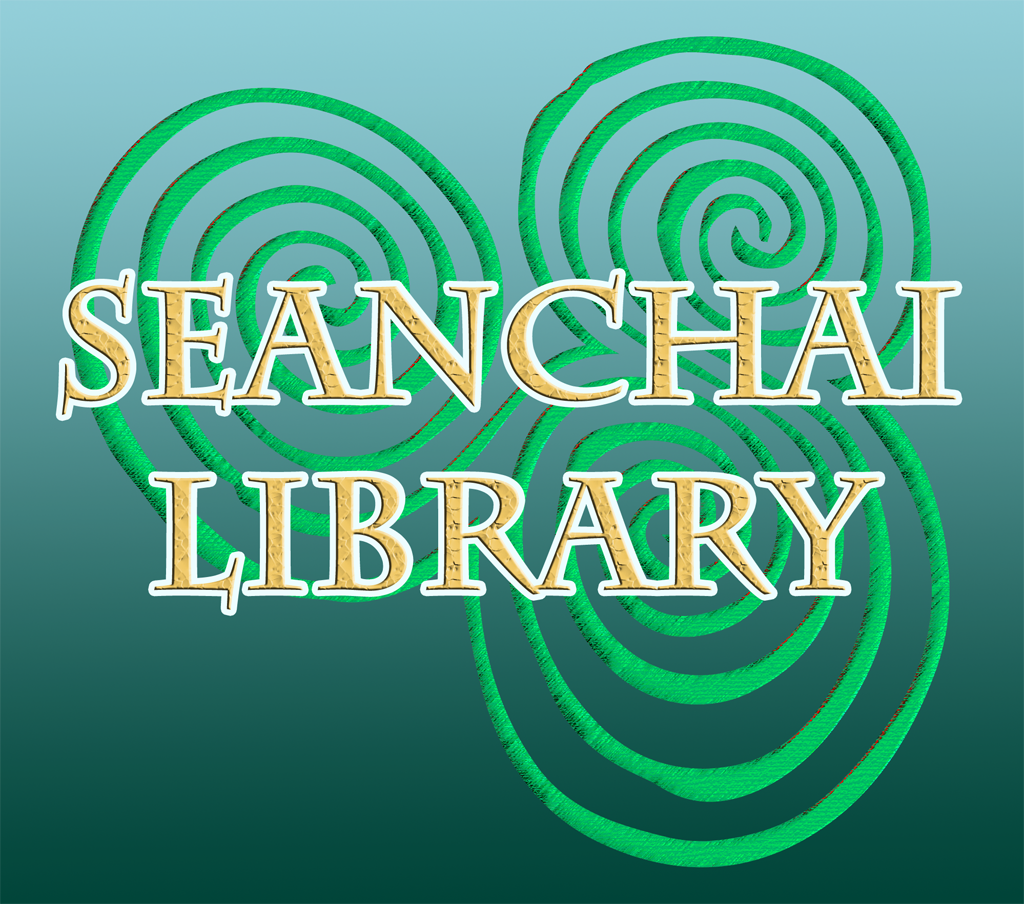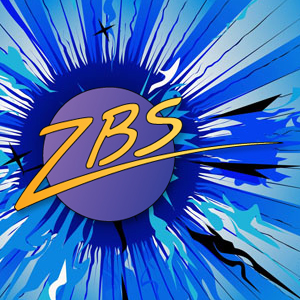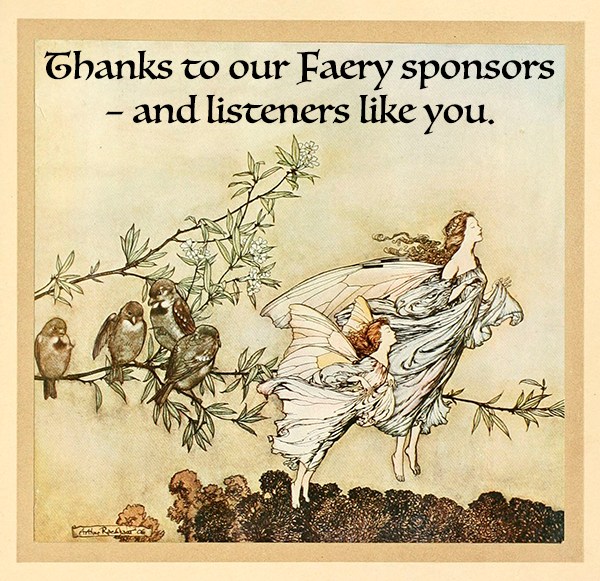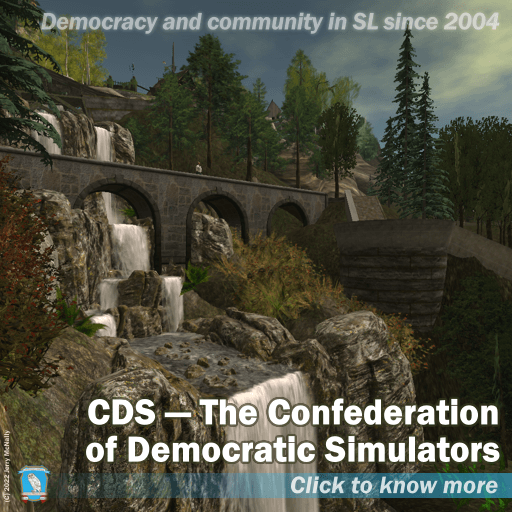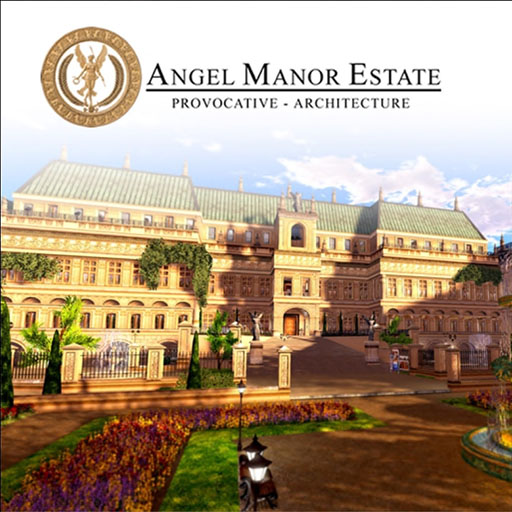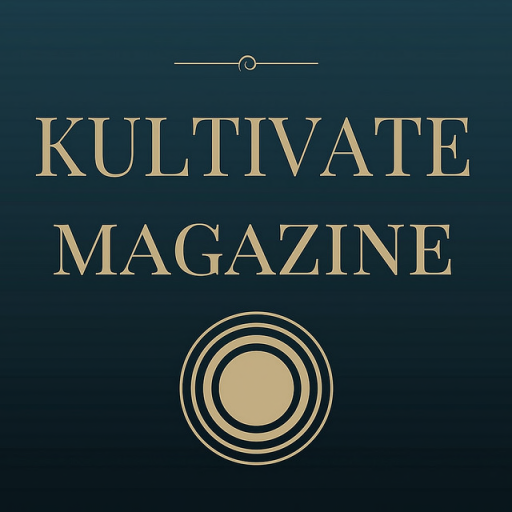Today’s programme takes us back to the the 18th and the beginning of the 19th centuries, with music from the time of novelist Jane Austen (1775–1817) and the painter (Thomas) Gainsborough (1728–1788) — in other words, music that takes us from the late Baroque to the early Classical period.
Tag Archives: Classical
British Composers
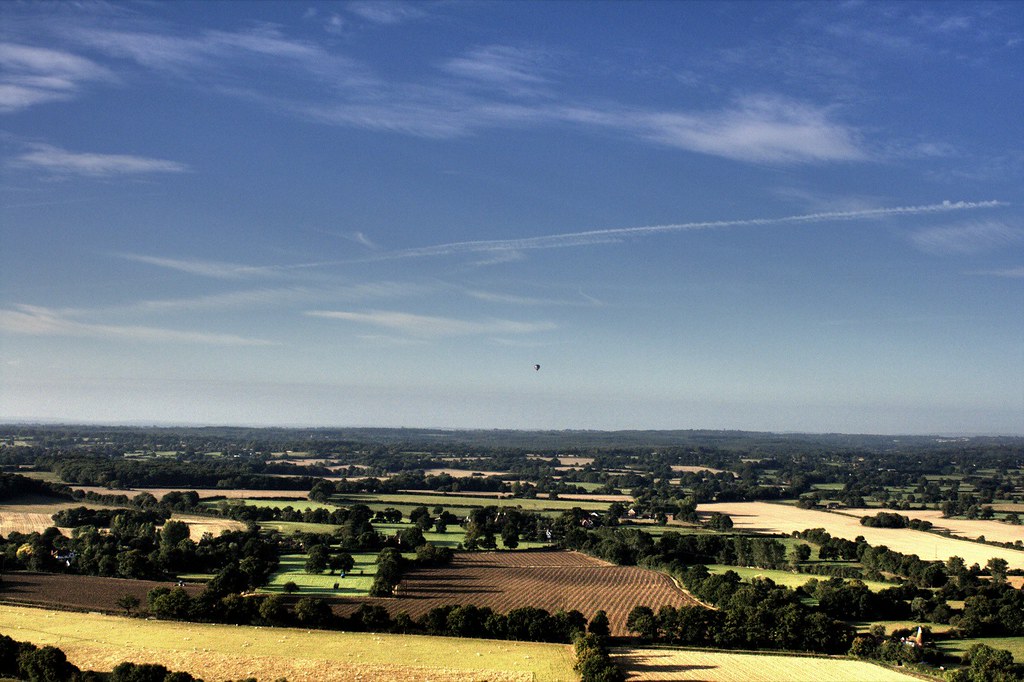
Today’s programme features music from British composers old and new, primarily focusing on classical styles. The playlist includes Edward German, Richard Harvey, Gerald Finzi, Sir Arthur Bliss, Jon Lord, Christopher Gunning, Vaughan Williams and many more.
Then tune in at 12 noon or 4pm Pacific Time / 8pm or midnight in the UK, for another chance to hear the latest episode of “Where’ve You Been?”, where we visit The Bridge Project at the Second Life Endowment for the Arts, and don’t miss the latest episode of “Engines of Our Ingenuity” from the University of Houston, every four hours from 4am Pacific.
Image, “balloon — british countryside” by Mikee Showbiz is licensed under CC BY-NC-ND 2.0
Classical Landscapes
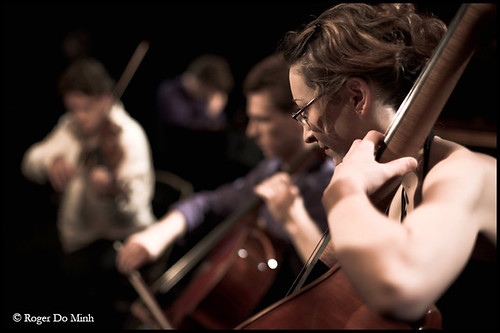
Saturday 26 June: Today’s programme consists of music from some of the Great Masters of Classical and Romantic music (and a few from the Baroque), including Mozart, Beethoven, Tchaikovsky and many more.
Sit back and enjoy some of the greatest music ever written, performed by the leading orchestras and solo performers of the world.
There will not be a broadcast of “Where Have You Been?” today: instead we’ll be doing a live broadcast from the Second Life 18th Birthday showgrounds tomorrow, Sunday 27th, at 3pm Pacific / 11pm UK time, where we’ll take another look at some of the exhibits.
However, you can hear “Engines of Our Ingenuity” at the usual time, every 4 hours from 4am Pacific.
“Classical music” by rogerdominh is licensed under CC BY-NC-ND 2.0
From Classical to Romantic
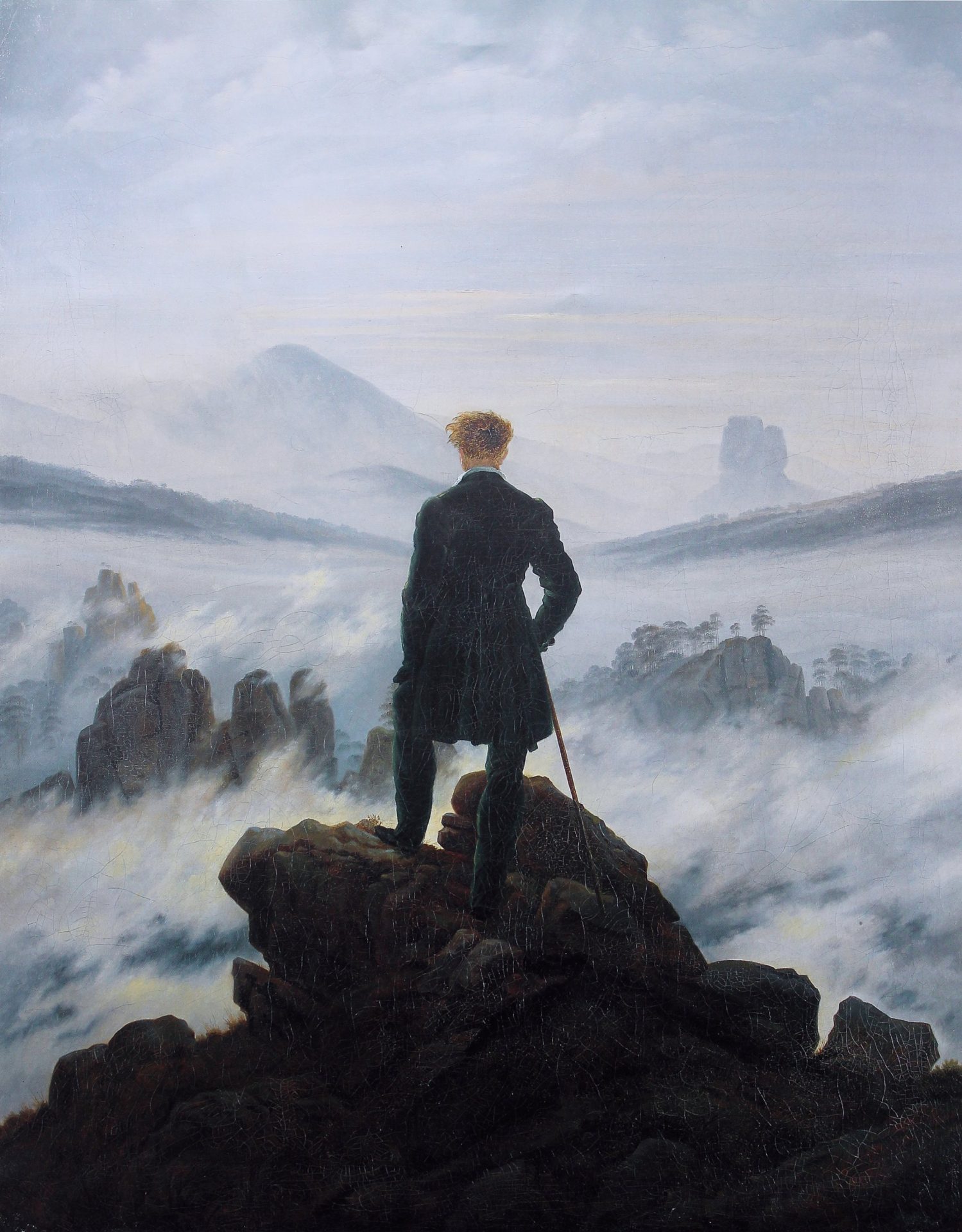
Today we explore a little of the music written at the borders of the Classical and Romantic eras, focusing on the work of some well-known composers born in the last 30 years of the 18th Century. It’s also time for a new episode of our Second Life travel series, “Where’ve You Been?” — Episode 10, which visits the Gallery Airship Limoncello (see separate entry).
Historically, the term ‘classical music’ refers specifically to the musical period from 1750 to 1820. The transition from the classical period of Western art music, which lasted around 1750 to 1820, to Romantic music, which lasted around 1815 to 1910, took place in the eighteenth and nineteenth centuries. Composers began transitioning their compositional and melodic techniques into a new musical form which became known as the Romantic Era or Romanticism due to the implementation of lyrical melodies as opposed to the linear compositional style of Classical music.
Woodwinds
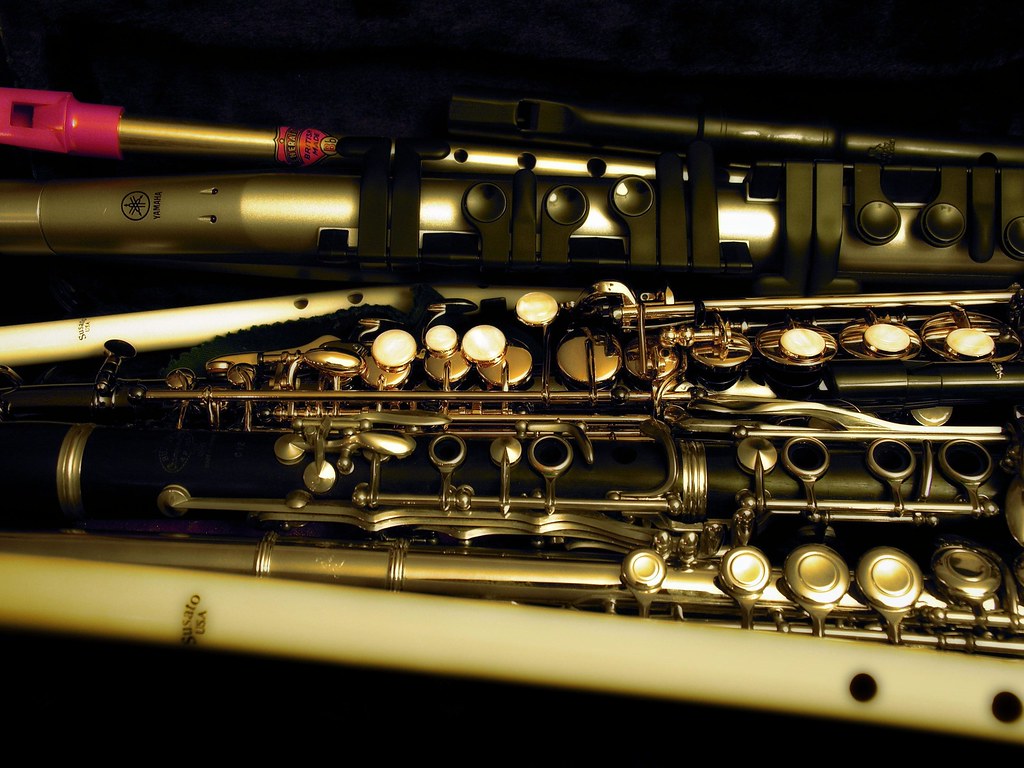
Today’s programme features members of the woodwind family — oboe, clarinet, flute, bassoon, recorder and more, including the gamut of Early Music woodwinds like the shawn (the predecessor of the oboe), curtal (a proto-bassoon) and crumhorn.
Of course, the majority of orchestral music includes a woodwind section, so the criterion for inclusion in today’s show was that a member of the woodwind family is the lead instrument — a “wind band” is not sufficient (and they’re generally usually brass-heavy anyway), but a concerto for bassoon (yes there is at least one) counts.
La Musique Classique Française
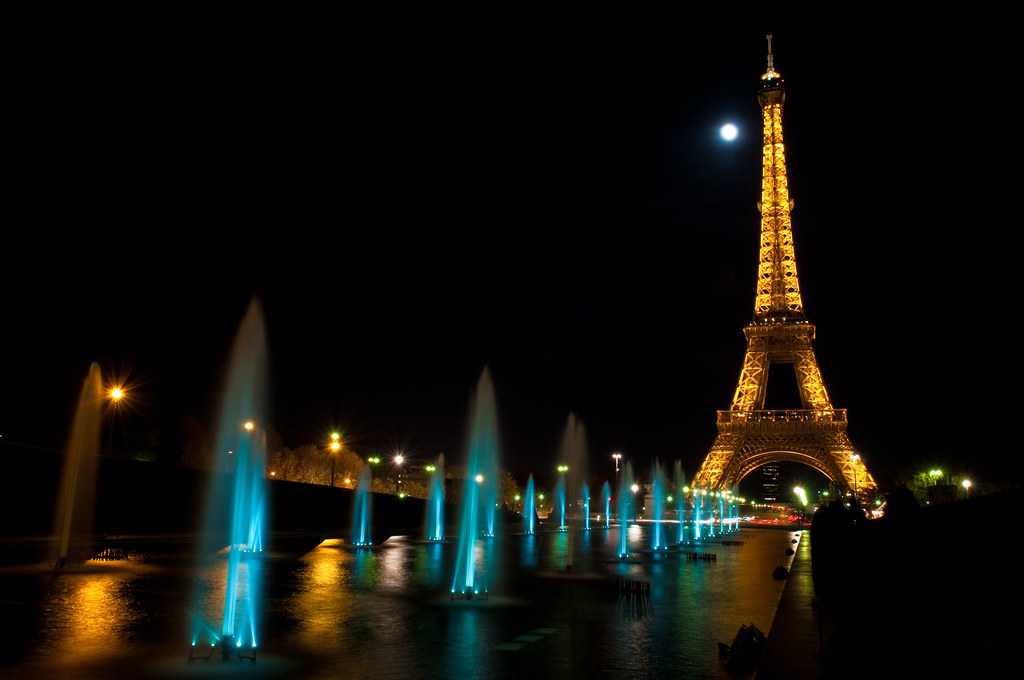
Join us today from a programme of French classical music from a wide variety of composers, primarily from the 18th and 19th centuries, including a nice collection of the works of Erik Satie that goes well beyond the Gymnopédies. Most of the composers today are pretty well-known, but keep your ears open for things like the Eurovision theme — actually Extrait du Te Deum by Charpentier — and other goodies. There is some gorgeous music in today’s programme and we do hope you enjoy it.
Genre Day: British Composers
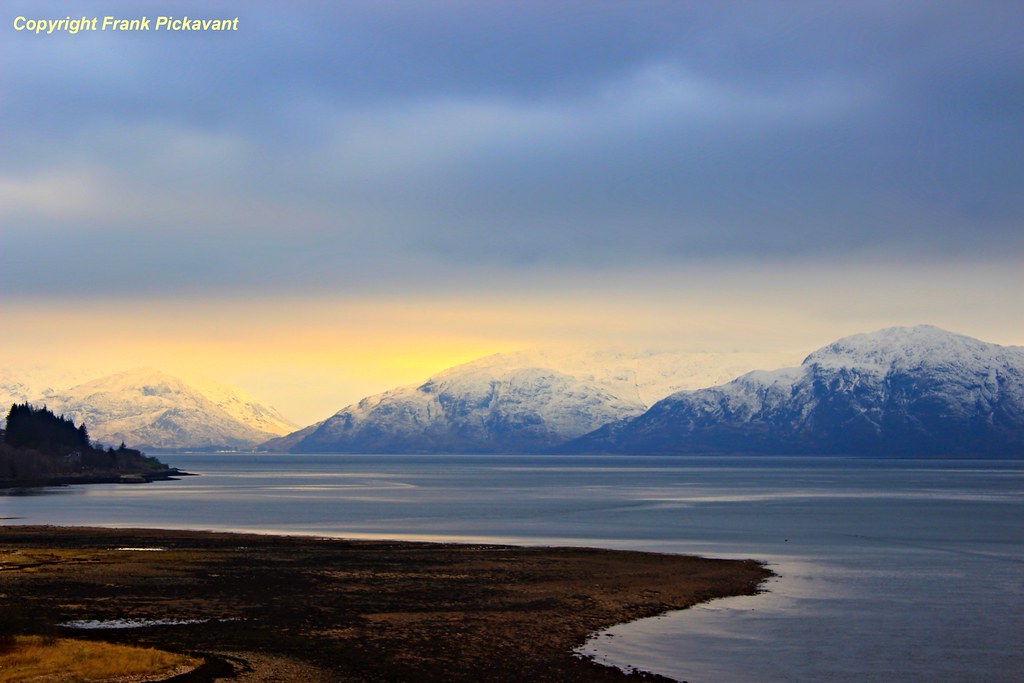
It’s the middle of Winter here in the UK but hopefully you’re able to keep warm inside — and listen to today’s programme, which features music from British composers old and new. Edward German, Richard Harvey, Gerald Finzi, Sir Arthur Bliss, Jon Lord, Christopher Gunning, Vaughan Williams and many more.
Image, “Midwinter” by Lord Skully is licensed under CC BY-ND 2.0



